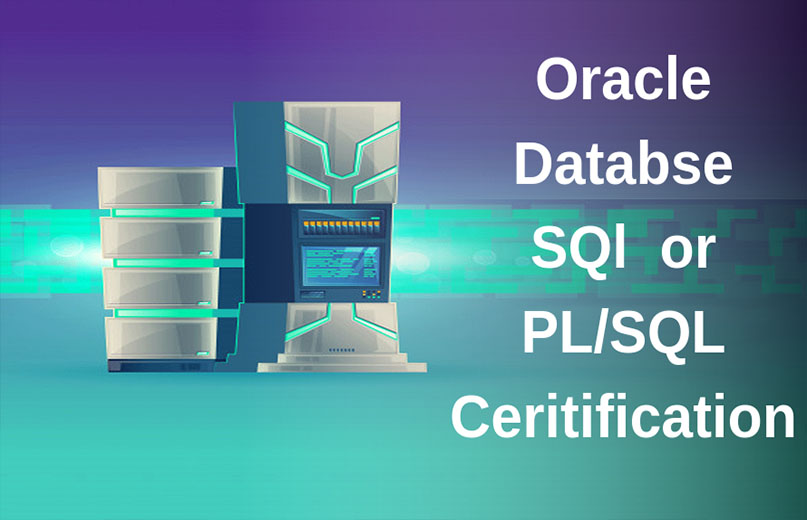
- February 19, 2024
- Praveen
- 0 Comments
- Social Media
ORACLE PL SQL
Oracle PL/SQL :
Oracle PL/SQL (Procedural Language/Structured Query Language) is a powerful programming language extension for SQL (Structured Query Language), which is used for creating procedural code such as functions, procedures, triggers, and packages within the Oracle relational database management system (RDBMS). Here are some of its key features and uses: 1.Stored Procedures: PL/SQL allows developers to create stored procedures, which are named blocks of code that can be stored and executed within the Oracle database. Stored procedures can accept input parameters, perform operations on data, and return results. 2.Functions:Functions are similar to stored procedures but return a single value. They can be used within SQL queries or other PL/SQL code to perform calculations, transformations, or other operations on data. 3.Triggers:Triggers are special types of stored procedures that are automatically executed in response to specific database events, such as INSERT, UPDATE, or DELETE operations on tables. They are commonly used for enforcing business rules, maintaining data integrity, or logging changes. 4.Packages:PL/SQL allows developers to organize related procedures, functions, variables, and other objects into packages, which can be compiled and stored as a single unit within the database. Packages help in modularizing and managing code more effectively, improving code reusability and maintainability. 5.Error Handling:PL/SQL provides robust error handling mechanisms, including exception handling constructs such as TRY…CATCH blocks, which allow developers to gracefully handle errors and exceptions that occur during the execution of code. 6.Data Manipulation: PL/SQL supports data manipulation operations such as SELECT, INSERT, UPDATE, and DELETE statements, allowing developers to interact with data stored in Oracle database tables. 7.Transaction Control:PL/SQL enables developers to control transactions using COMMIT, ROLLBACK, and SAVEPOINT statements, allowing for the management of data consistency and integrity within the database. 8.Security:PL/SQL includes features for implementing security measures such as authentication, authorization, and data encryption within Oracle databases, helping to protect sensitive information and ensure data privacy. Overall, Oracle PL/SQL is widely used for developing database-driven applications, data processing scripts, data analysis tools, and other solutions that require interaction with Oracle databases. Its rich set of features and tight integration with the Oracle database make it a preferred choice for building scalable, reliable, and high-performance applications.
Oracle PL/SQL (Procedural Language/Structured Query Language) is a powerful programming language extension for SQL (Structured Query Language), which is used for creating procedural code such as functions, procedures, triggers, and packages within the Oracle relational database management system (RDBMS). Here are some of its key features and uses: 1.Stored Procedures: PL/SQL allows developers to create stored procedures, which are named blocks of code that can be stored and executed within the Oracle database. Stored procedures can accept input parameters, perform operations on data, and return results. 2.Functions:Functions are similar to stored procedures but return a single value. They can be used within SQL queries or other PL/SQL code to perform calculations, transformations, or other operations on data. 3.Triggers:Triggers are special types of stored procedures that are automatically executed in response to specific database events, such as INSERT, UPDATE, or DELETE operations on tables. They are commonly used for enforcing business rules, maintaining data integrity, or logging changes. 4.Packages:PL/SQL allows developers to organize related procedures, functions, variables, and other objects into packages, which can be compiled and stored as a single unit within the database. Packages help in modularizing and managing code more effectively, improving code reusability and maintainability. 5.Error Handling:PL/SQL provides robust error handling mechanisms, including exception handling constructs such as TRY…CATCH blocks, which allow developers to gracefully handle errors and exceptions that occur during the execution of code. 6.Data Manipulation: PL/SQL supports data manipulation operations such as SELECT, INSERT, UPDATE, and DELETE statements, allowing developers to interact with data stored in Oracle database tables. 7.Transaction Control:PL/SQL enables developers to control transactions using COMMIT, ROLLBACK, and SAVEPOINT statements, allowing for the management of data consistency and integrity within the database. 8.Security:PL/SQL includes features for implementing security measures such as authentication, authorization, and data encryption within Oracle databases, helping to protect sensitive information and ensure data privacy. Overall, Oracle PL/SQL is widely used for developing database-driven applications, data processing scripts, data analysis tools, and other solutions that require interaction with Oracle databases. Its rich set of features and tight integration with the Oracle database make it a preferred choice for building scalable, reliable, and high-performance applications.


Leave a Comment